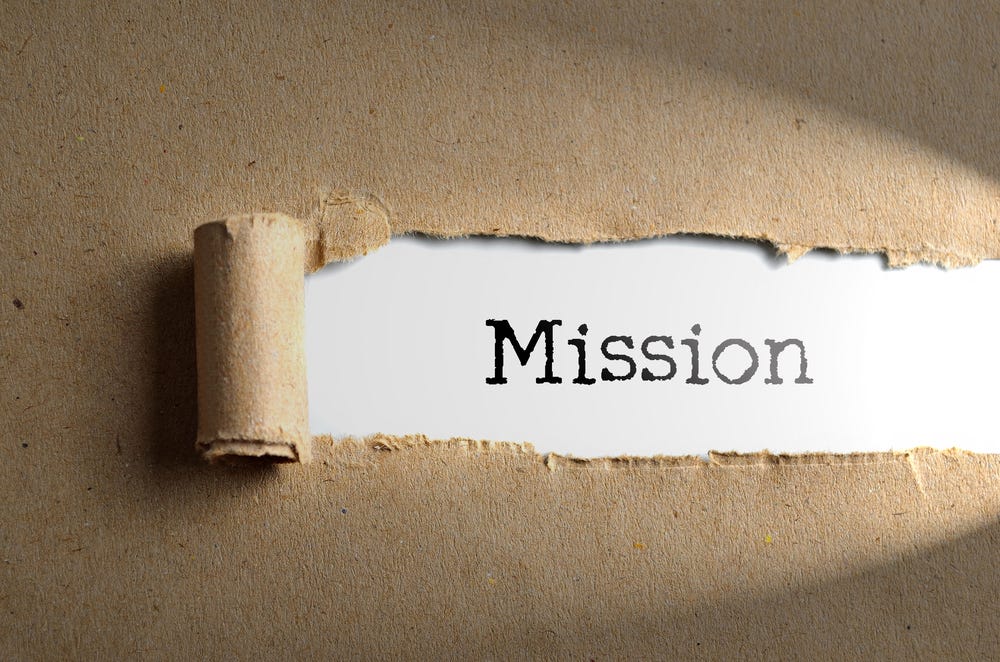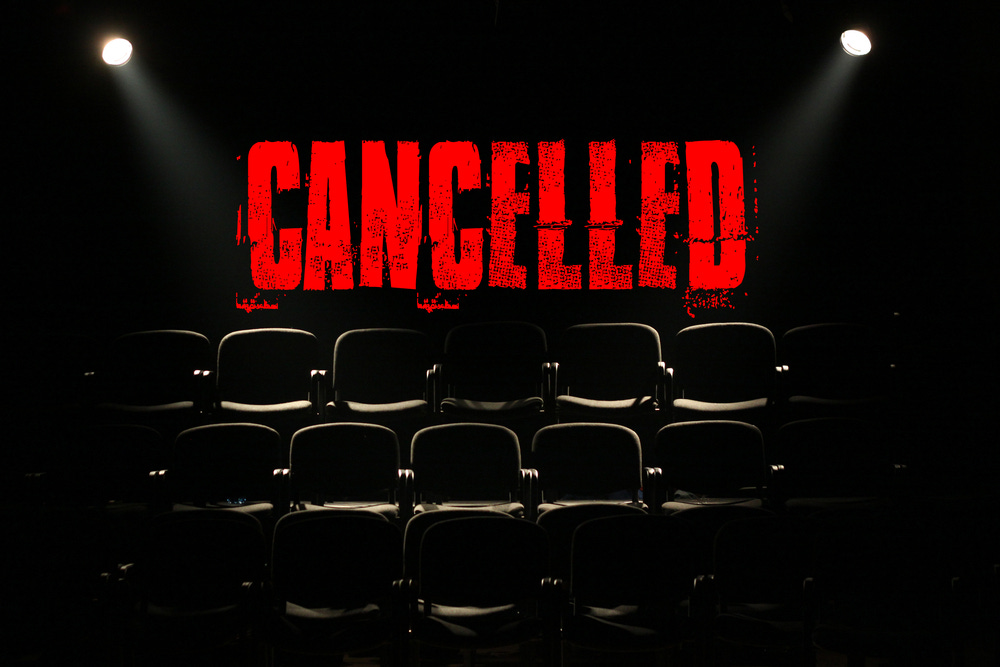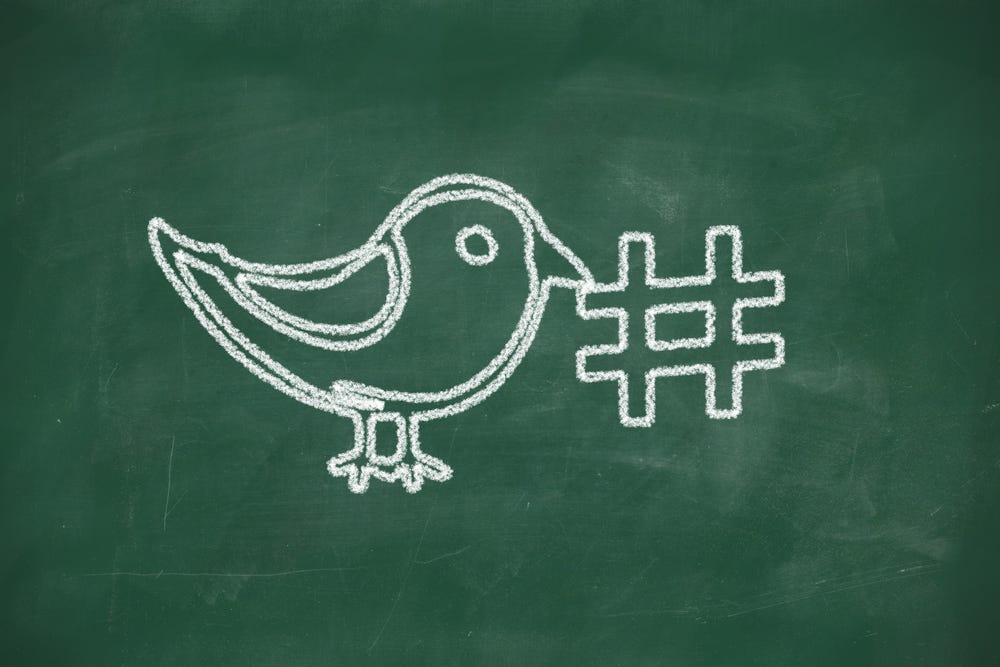E-Pluribus | June 15, 2021
Mission-focused companies reject wokeness, cancelling a composer, and the terrific triviality of Twitter.
A round up of the latest and best writing and musings on the rise of illiberalism in the public discourse:
Peter Savodnik: Silicon Valley’s ‘Mission Protocol’ Revolution Is Beginning to Attain Critical Mass
While many major corporations have shifted toward stakeholder capitalism, promoting a myriad of social causes, diversity initiatives and environmental commitments that appease journalists and activists, some companies are taking a different approach. At Quillette, Peter Savodnik highlights a growing group of entrepreneurs that are saying NO to woke corporate culture.
A handful of founders and CEOs—Brian Armstrong of Coinbase, Jason Fried of Basecamp, Shopify’s Tobias Lütke, Medium’s Ev Williams—have said the unsayable. In the face of shop-floor social-justice activism, they’ve decided, business owners should resolve to stick to business.
No hashtag coders. No message-board threads about anti-racism or neo-pronouns. No open letters meant to get someone fired for a decade-old tweet. No politics. As Armstrong put it in his famous (or infamous) September 27th, 2020 blog post, business should be “mission focused.” A software developer explained that the conciliatory approach has become too costly: “The Slack shit, the company-wide emails, it definitely spills out into real life, and it’s a huge productivity drag.”
In October, a pseudonymous group inspired by Coinbase’s Brian Armstrong came together under the banner “Mission Protocol,” with the aim of getting other companies to start “putting aside activities and conversations” outside the scope of their professional missions. (“Mission focus doesn’t mean being apolitical,” they note. “It means being political about the mission. This mission is what you came together to accomplish, and this mission is what you’re fighting for in your work on the project.”) Paul Graham, a famed venture capitalist and “hacker philosopher,” tweeted his support to 1.3 million followers. Melia Russell, who covers the startup beat for Business Insider, noted that startups were jumping into the Mission Protocol threads “with a hell yes.”
[ . . . ]
But the forces of counterrevolution are strong. Last week, Snowflake CEO Frank Slootman went on Bloomberg Television to endorse a “moderated” approach to diversity that doesn’t “override merit” or reflect a climate of “hysteria” and “outrage.” “From my own experience talking to many CEOs, all the names that you know, privately, we are of the same mind,” he added. But as Slootman found out, there’s still a big difference between what you’re allowed to say privately and what you’re allowed to say in public: Following howls of outrage at his pro-merit remarks, he was forced to issue an apology.
For these CEOs, the problem isn’t just the media and external critics: The wokeness is coming from inside the building. At dinner parties, they ask each other the same question: How do we keep woke activists off the payroll? “It’s the first thing they want to talk about these days,” a vice president at a venture-capital shop told me. “It’s the crazy, activist, political stuff. I’ve not met a founder who doesn’t think it’s a problem. There’s a state of what the fuck?”
Read more at Quillette.
Robby Soave: A Composer Condemned Arson. Now No One Will Hire Him.
At Reason, Robby Soave tells the story of Nashville composer Daniel Elder, who was the target of a cancellation campaign after a short Instagram post went viral. Elder’s post responded to a small group of protestors who vandalized and attempted to set Nashville’s historic courthouse on fire. Elder’s message was that arson is a bad way to advance your cause: “Enjoy burning it all down, you well-intentioned, blind people. I'm done.”
One might not have expected Elder's mild declaration to attract much attention. But when he woke up the next morning, critics were spamming his Facebook and YouTube pages with comments accusing him of being a racist and a "white supremacist piece of garbage." He began to receive nasty emails as well. Some were anonymously authored, expletive-laden, and ugly from start to finish. Others confessed a previous appreciation for Elder's music but noted that they could never listen to him again.
[ . . . ]
Many former appreciators of Elder's music expressed regret that it had come to this. One recommended that he read Robin diAngelo's White Fragility. Another expressed "hope that you find a way to lose that hate in your heart."
Again, Elder's "hateful" rhetoric was a two-sentence objection to the fire at the courthouse. He had not condemned the broader movement at all. Yet the messages did not cease.
"Do some research and maybe some inner reflection and maybe figure out where your racist tendencies are coming from," wrote another critic. "You are canceled. Black lives matter!"
Within 24 hours, the controversy had garnered the attention of GIA Publications. In the world of choral music, GIA is not merely a publisher; it is the major publisher of religious content, thanks to its association with the post–Vatican II Roman Catholic Church. GIA was Elder's publisher, and an important source of his income. On the morning of June 1, GIA President Alec Harris and media editor Susan LaBarr contacted Elder about posting an apology.
This apology had already been written by GIA; all Elder had to do was post it.
[ . . . ]
Elder wasn't inclined to make such a groveling apology, and was dismayed to see his colleagues siding with his critics.
"I chose to be that guy who didn't issue the apology," he says. "Things went from there and it wasn't good."
Within hours, GIA issued a denunciation of Elder.
"The views expressed in composer Daniel Elder's incendiary social media post on Sunday evening do not reflect the values of GIA or our employees," it read. "GIA opposes racism in all its forms and is committed to do what Michelle Obama called 'the honest, uncomfortable work of rooting it out.'"
Note this PR statement endorses the view that Elder had made an "incendiary" statement. Neither Harris nor LaBarr responded to a request for clarification as to which aspect of Elder's anti-arson agenda they oppose.
GIA also announced that the company would no longer publish Elder.
Read the full story at Reason.
Noah Smith: The terrific triviality of Twitter
For most media observers and participants, Twitter is the central hub of relevant conversation on the day’s news. Sometimes it is comprised of nothing but meaningless hot takes, memes and virtue signaling. But it can also be a toxic place where online mobs pile on to those who dare to detract from the acceptable discourse. At his Substack, Noah Smith attempts to diagnose why and how Twitter exists in the space between trivial and terrible.
For Twitter, one of those problems is that the platform — and thus, our public discourse — is dominated by the people with the time, energy, and inclination to shout at and denounce each other all the time. Those are probably not the people we’d pick to dominate our discourse, if we got to pick. A second issue is that Twitter allows restless, grievance-laden people to overthrow the leadership of organizations they’re a part of, by rallying outside anger to their cause. On top of that, Twitter makes social ostracism much more unforgiving and terrifying. And it creates strange and often toxic status relationships.
[ . . . ]
Sometimes the saying that “Twitter isn’t real life” is true! But sometimes Twitter actually is real life, like when outrage on the platform gets people fired from their jobs.
How do we tell the difference? I think it requires that we understand that much of Twitter’s seeming power is based on two fundamental illusions. If these illusions were widely recognized, the platform would see its power and importance shrink dramatically. The illusions are:
The illusion of numbers, and
The illusion of consequences.
Read it all here.
Around Twitter
Ziad Jilani summarizes his recent post arguing that state governments deciding what public schools can and cannot teach is not a free speech issue:
The latest proponent of the Wuhan lab leak theory is . . . Jon Stewart?
Lin-Manuel Miranda apologizes for the lack of representation in his film about New York’s Latino communities.

















